Success for new back pain screening method
Last Updated on June 22, 2022 by Baine Kolar
Provide’s Physiotherapy Service has been trialling a new screening method with mid-Essex patients who have been referred into the service with back pain and sciatica.
The ‘STarT Back’ approach, produced by Keele University, uses a simple tool which matches patients to the most suitable treatment packages for them. New patients accessing the service complete a short questionnaire before their first appointment and the initial screening informs the physiotherapist what level of care is required. The results help determine which one of three risk-defined groups the patient is allocated to: low, medium, or high and one of three treatment pathways, developed with clinical experts, is then matched to these risk groups.
Luke Tandy, an Extended Scope Physiotherapist for Provide’s Physiotherapy Service, said:
“Offering care for people with back pain that matches their risk of developing persistent pain and disability gives better long-term outcomes and ensures that people receive the correct advice and support as early as possible.”
“The tool is a simple nine-item questionnaire that only takes a minute to complete which quickly and accurately determines the level of care the person needs to get back to their normal life.”
A review of the service in 2016 identified that patients with back problems were receiving a number of different treatment approaches over a varied number of appointments and future care needed to become more consistent, stratified and effective over the whole service. Widely used both in the UK and internationally, the ‘STarT Back’ approach to care has been shown to decrease disability from back pain, reduce time off work and make better use of health resources. The new method of treatment has already shown that people with low back pain need fewer appointments before they are discharged from the service and 90 per cent of patients are significantly better following their matched treatment. This month, mid-Essex patients with more persistent back pain can attend a six-week ‘back to activity programme at Braintree Community Hospital, aimed at helping people find better ways to manage persistent pain.
More information about this comprehensive evidence-based programme will be available on the Provide website very soon.
Provide is a Community Interest Company (social enterprise) and delivers services across Essex and in Cambridgeshire (including Peterborough), Suffolk and Norfolk as well as two London boroughs: Waltham Forest and Redbridge.
The Physiotherapy Service is based at locations in Chelmsford, Braintree, Maldon and Halstead.
For more information on STarT Back, visit the Keele website.




Recent Comments